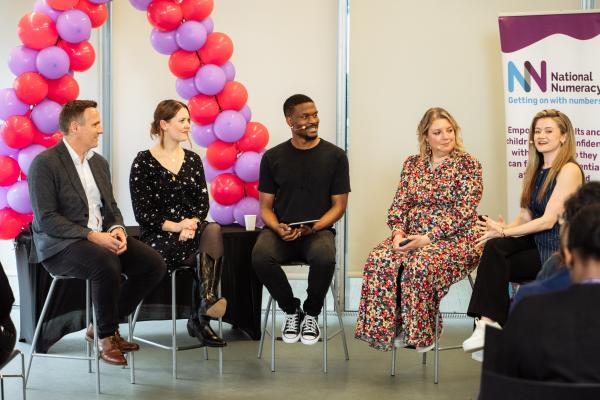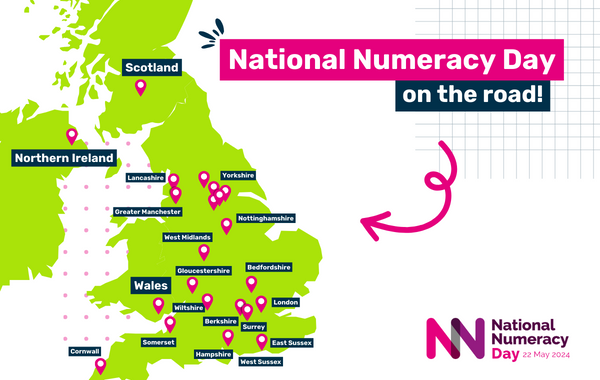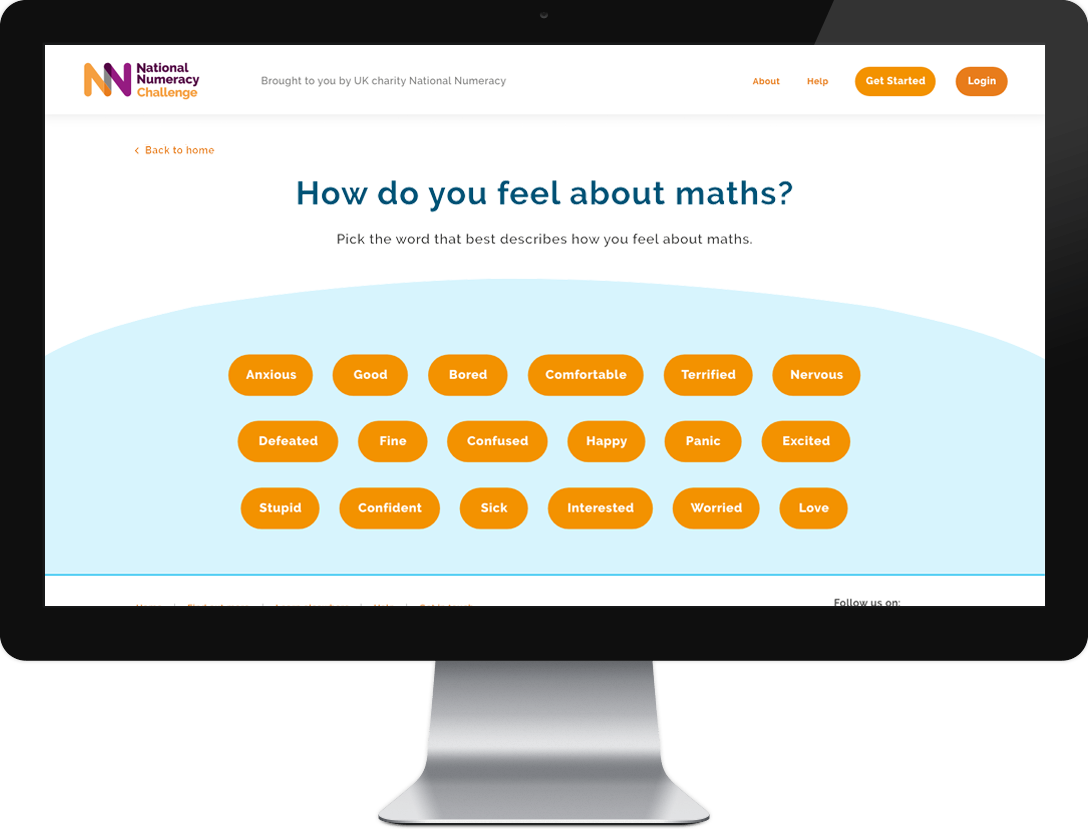Chaired by National Numeracy Ambassador Timi Merriman-Johnson, founder of Mr MoneyJar, the event panel of money experts included:
- Claer Barrett, Consumer Editor of the Financial Times,
- Abigail Foster, Founder of Elent Finance,
- Sam Sims, CEO, National Numeracy,
- and Katie Watts, Campaigns and Policy Lead, Money Saving Expert.
The event focused on the power of confidence and numeracy skills in managing money. Our panellists shared their expertise, covering the practical ‘basics’ for using everyday maths skills to manage finances, including budgeting, saving, and debt.













